#Dog'sHealth
Explore tagged Tumblr posts
Text
The Healthiest Food to Feed Your Dog
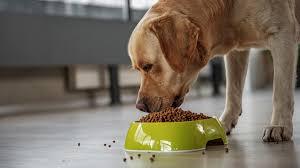
Our furry companions deserve the best when it comes to their diet. Proper nutrition plays a crucial role in their overall health and longevity. If you're wondering about the healthiest food to feed your dog, it's essential to understand their unique nutritional needs and how to meet them effectively.
YOU CAN ALSO TRY THIS PRODUCT: Super Pet Total Health
1. Understanding Your Dog's Nutritional Needs
Dogs, like humans, require a balanced diet to thrive. This means providing them with the right mix of proteins, carbohydrates, fats, vitamins, and minerals. The nutritional needs of a dog can vary based on factors such as age, breed, activity level, and health condition. Puppies, for instance, have different dietary requirements compared to adult or senior dogs. Large breeds may have specific needs related to joint health, while small breeds might require higher-calorie diets due to their faster metabolism.
2. Key Components of a Healthy Dog Diet
a. Protein Sources and Their Importance: Protein is crucial for muscle development and repair. Opt for high-quality animal-based proteins like chicken, turkey, beef, or fish.
b. Carbohydrates for Energy and Fiber: Carbohydrates provide energy and essential fiber for digestion. Choose whole grains like brown rice or oats over processed grains.
c. Essential Fats and Oils: Healthy fats are essential for a shiny coat and brain function. Incorporate sources like salmon oil or flaxseed oil into your dog's diet.
YOU CAN ALSO TRY THIS PRODUCT: Super Pet Total Health
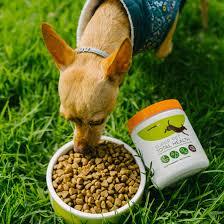
3. Commercial Dog Food vs. Homemade Meals
Choosing between commercial dog food and homemade meals is a decision that many pet owners face. Each option has its pros and cons.
a. Pros and Cons of Commercial Dog Food: Commercial dog food is convenient and formulated to meet specific nutritional standards. However, not all brands are equal in terms of quality ingredients.
b. Benefits of Homemade Dog Meals: Homemade meals allow you to have more control over ingredients and freshness. You can tailor recipes to your dog's preferences and dietary needs. However, homemade meals require careful planning to ensure balanced nutrition.
4. Choosing High-Quality Commercial Dog Food
When selecting commercial dog food, it's essential to be a savvy consumer.
a. Reading and Understanding Dog Food Labels: Look for named animal proteins as the first ingredient. Avoid foods with excessive fillers like corn or soy.
b. Selecting Appropriate Brands and Formulations: Choose reputable brands known for their commitment to quality and safety. Consider specific formulations based on your dog's age, size, and health condition.
YOU CAN ALSO TRY THIS PRODUCT: Super Pet Total Health
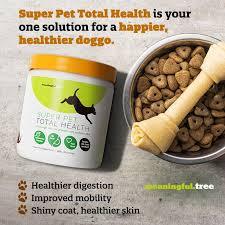
5. Common Nutritional Mistakes to Avoid
To ensure your dog's health, avoid common nutritional pitfalls.
a. Overfeeding and Portion Control: Obesity is a significant issue in dogs. Measure portions accurately and adjust based on your dog's activity level.
b. Avoidance of Harmful Ingredients: Steer clear of artificial additives, preservatives, and excessive salt or sugar. These can contribute to health problems over time.
6. Incorporating Fresh Ingredients in Your Dog's Diet
Fresh ingredients can provide essential nutrients and variety to your dog's meals.
a. Benefits of Fresh Fruits and Vegetables: Incorporate safe fruits and veggies like carrots, apples, and green beans. These provide vitamins, minerals, and antioxidants.
b. Safe Protein Sources: Opt for lean meats such as chicken or turkey, and avoid feeding raw meat to reduce the risk of bacterial contamination.
YOU CAN ALSO TRY THIS PRODUCT: Super Pet Total Health
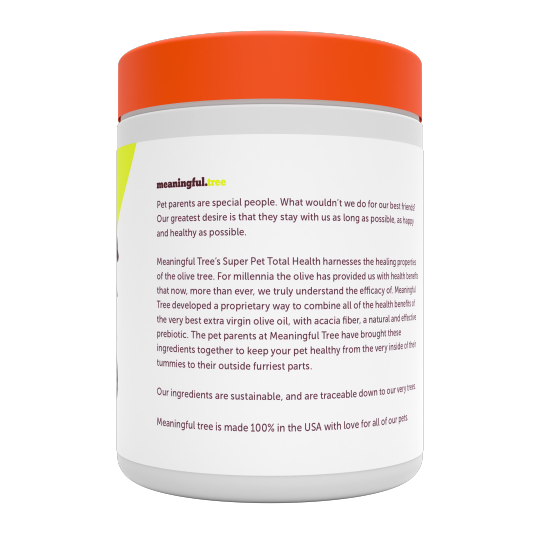
7. Supplements for Optimal Canine Health
Certain supplements can complement your dog's diet.
a. Necessary Supplements for Dogs: Omega-3 fatty acids, glucosamine, and probiotics can benefit dogs' skin, joints, and digestion. However, consult with your veterinarian before adding supplements to your dog's regimen.
8. Hydration and Its Role in a Dog's Health
Always ensure your dog has access to clean, fresh water.
a. Importance of Clean, Fresh Water: Hydration is vital for proper organ function and overall health.
b. Signs of Dehydration in Dogs: Watch for symptoms like dry gums, lethargy, or decreased urination, which could indicate dehydration.
YOU CAN ALSO TRY THIS PRODUCT: Super Pet Total Health
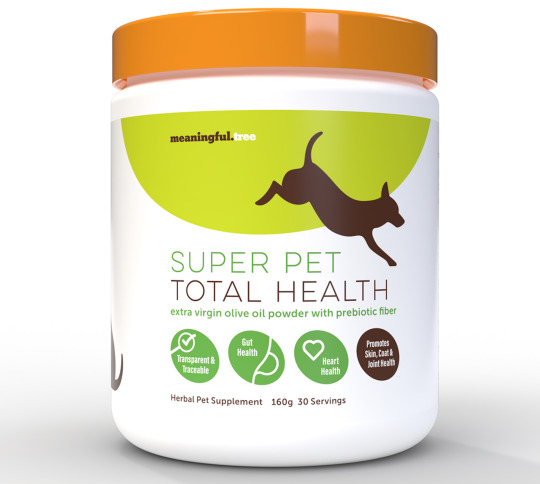
9. Understanding Allergies and Food Sensitivities
Dogs, like humans, can develop allergies or sensitivities to certain foods.
a. Common Food Allergens in Dogs: Dairy, wheat, and certain proteins like beef or chicken can trigger allergic reactions.
b. Identifying Signs of Food Allergies: Keep an eye out for symptoms like itching, gastrointestinal upset, or chronic ear infections.
10. Transitioning Your Dog to a New Diet
When introducing a new diet, do so gradually.
a. Gradual Diet Changes: Transition your dog's diet over several days to minimize digestive upset.
b. Monitoring for Adverse Reactions: Watch for any signs of intolerance or allergies when switching to a new food.
In conclusion, feeding your dog the healthiest food requires thoughtful consideration of their nutritional needs and careful selection of ingredients. By providing a balanced diet tailored to your dog's requirements, you can contribute to their overall health and well-being. Consult with your veterinarian for personalized dietary recommendations based on your dog's age, breed, and health status. A well-fed dog is a happy and healthy companion!
YOU CAN ALSO TRY THIS PRODUCT: Super Pet Total Health
0 notes